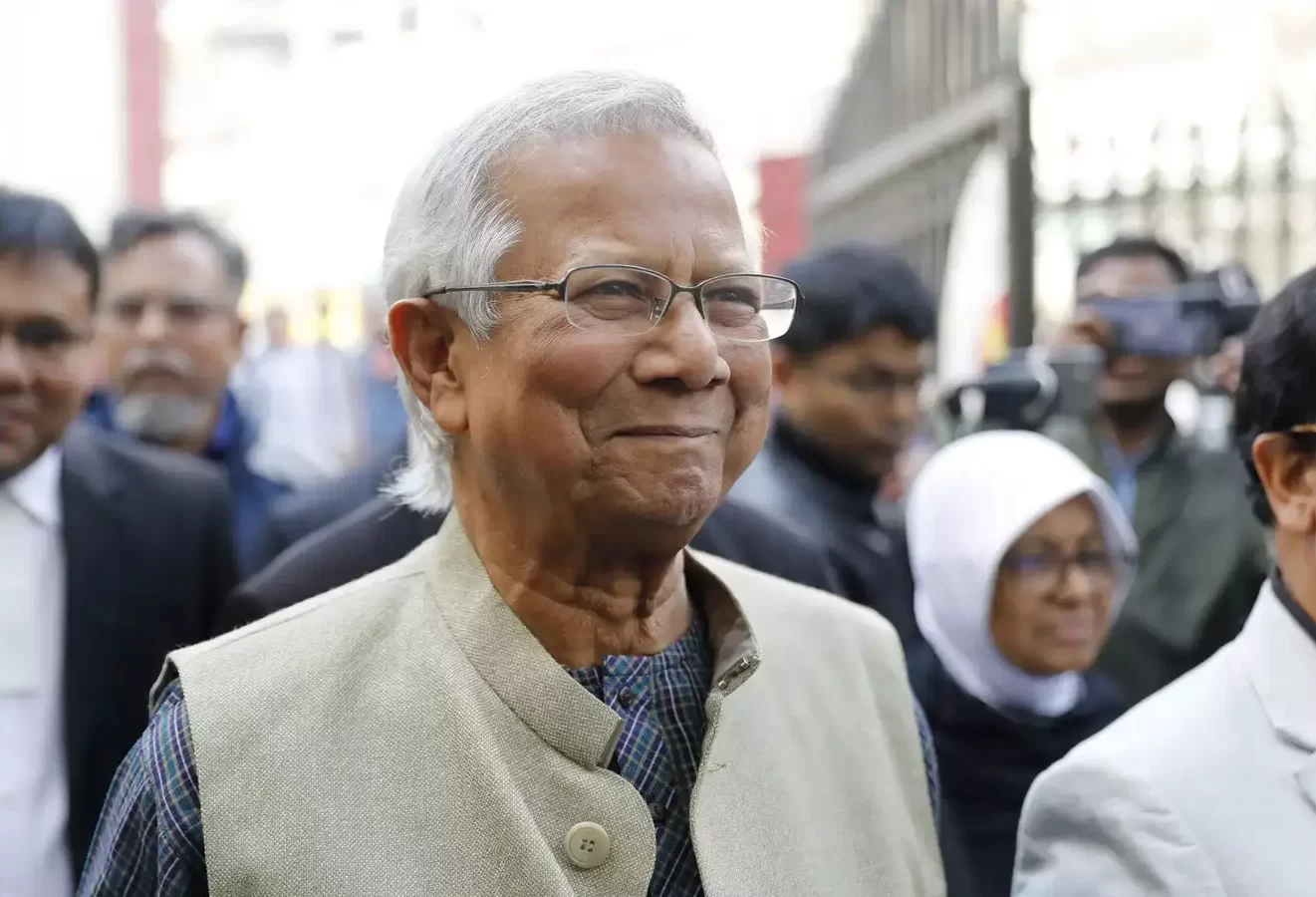Nobel Peace Prize winner Muhammad Yunus has been named the interim leader of Bangladesh, following the ousting of Prime Minister Sheikh Hasina amid weeks of violent protests.
The 84-year-old Yunus, known for his pioneering work with microloans, was appointed a day after Hasina fled the country. The protests, which began in July over demands to abolish civil service job quotas, escalated into a broader anti-government movement. More than 400 people have died in clashes, with over 100 fatalities reported on Monday alone.
Yunus, who is on bail while appealing a six-month jail sentence in what he claims is a politically motivated case, was chosen after a meeting between President Mohammed Shahabuddin, military leaders, and student leaders. He will return to Dhaka from Paris, where he was undergoing a minor medical procedure.
The appointment follows Hasina’s abrupt resignation and escape to India, ending her nearly 15-year rule. Hasina faced growing criticism for suppressing dissent and jailing opponents. Her departure has led to the release of several political figures, including former Prime Minister Khaleda Zia, who had been imprisoned on corruption charges.
Yunus, founder of Grameen Bank, gained international acclaim for his work in microfinance, earning the Nobel Peace Prize in 2006. Despite his acclaim, he has been a political adversary of Hasina, who criticized him as a “bloodsucker” of the poor and accused his bank of exorbitant interest rates.
As Yunus takes charge, foreign leaders have called for the interim government to uphold democratic principles. U.S. Secretary of State Antony Blinken and Australian Foreign Minister Penny Wong urged the new administration to respect human rights and refrain from violence.
India, which shares a border with Bangladesh, has increased troop deployments and is closely monitoring the situation, though it remains uncertain if Hasina will remain in India permanently.

